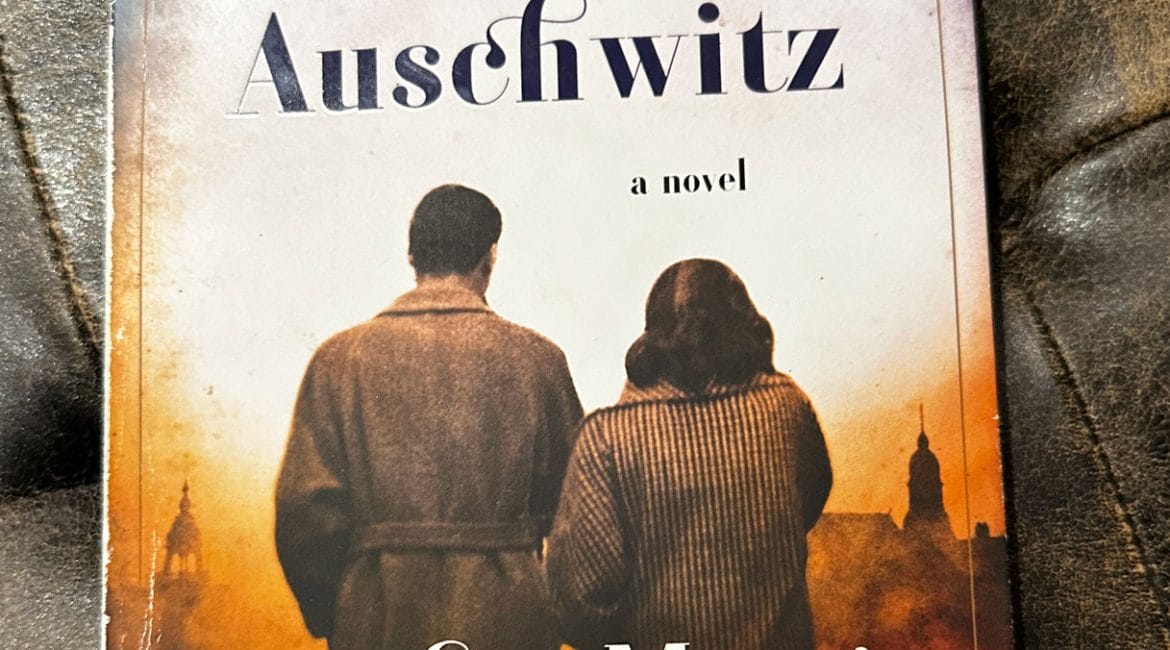Heather Morris’s The Tattooist of Auschwitz is a haunting and poignant novel based on the true story of Lale Sokolov, a man who was recruited to leave his home to protect his family from harm during World War II.
What is the book about?
In 1942, Lale was sent to Auschwitz concentration camp, where he was forced into the role of tattooist, branding identification numbers on the arms of fellow prisoners. Despite the horrors surrounding him, Lale’s resilience and resourcefulness help him survive the atrocities perpetrated by the Nazi regime.
The heart of this narrative lies in an extraordinary love story that blossoms amidst the devastation. Lale meets Gita Furman at the camp, and their love becomes a beacon of hope and resilience against the backdrop of unimaginable suffering. Their bond strengthens them both, giving them the courage to endure and ultimately escape the clutches of Auschwitz, though at separate times.
Morris’s portrayal of Lale is deeply compelling. He is a character who never openly identified as Jewish despite his heritage. He was born Jewish but he identified himself as a Slovick. When told he needed to wear a yellow star, at first he refused. At the camp, he had no choice but to get a tattoo.
At Auschwitz, there were more than 1 million Jewish people and others from different backgrounds imprisoned for their background and/or heritage.
What’s Different About The Tattooist of Aushwitz?
What sets The Tattooist of Auschwitz apart from other Holocaust narratives is its focus on the resilience of the human spirit and the power of love in the darkest of times. The author does not shy away from depicting the brutal realities of the Holocaust, yet through Lale and Gita’s story, she also provides a testament to the strength and endurance of the human heart.
As a reader who generally finds Holocaust literature deeply disturbing and often avoids it, I found myself unable to put this book down. The narrative captured my attention from the very first page and held it until the last.
Can this happen again?
It’s scary to think about, but the Holocaust can easily happen again with the wrong people in charge. The thought that people could get killed because they were born into a religion, is particularly disturbing to me. But fear and scare tactics will make people do things that they never thought possible.
Would I recommend it?
The Tattooist of Auschwitz is currently a best-seller in the New York Times Top Book List. It is there because it is a remarkable tale of love, survival, and hope that transcends the horrors of its setting. It is a book that will stay with you long after you have turned the final page. I highly recommended for anyone looking for a deeply moving and inspiring read.

